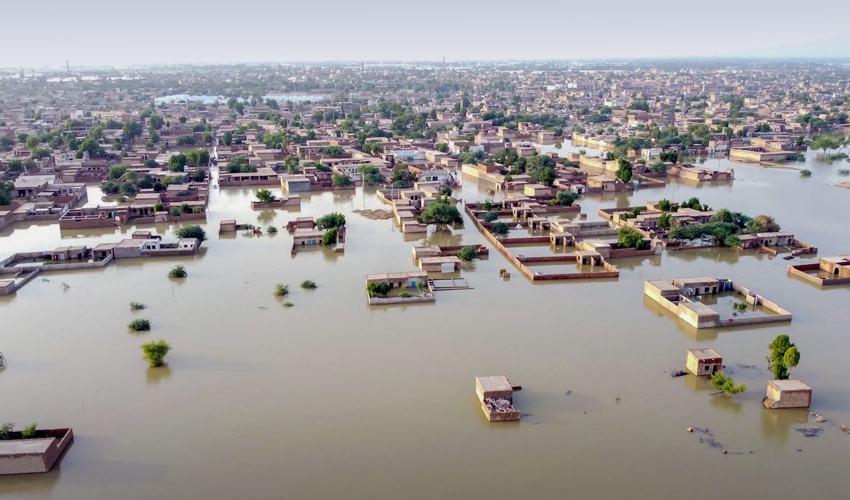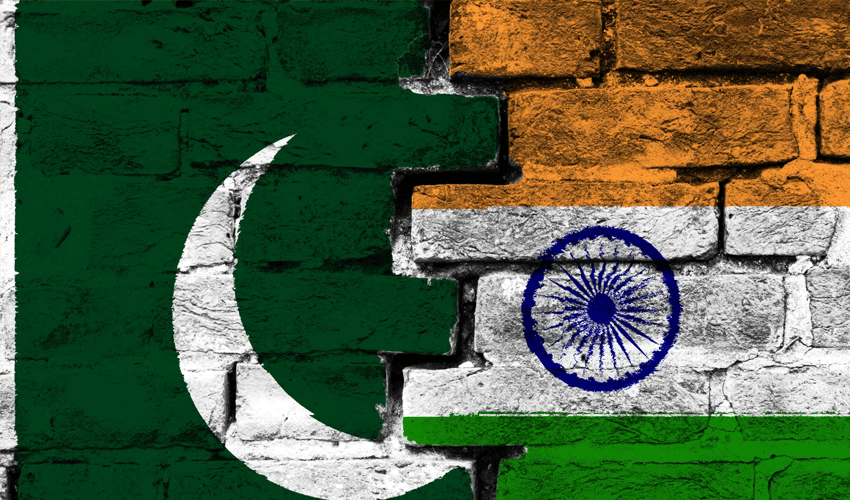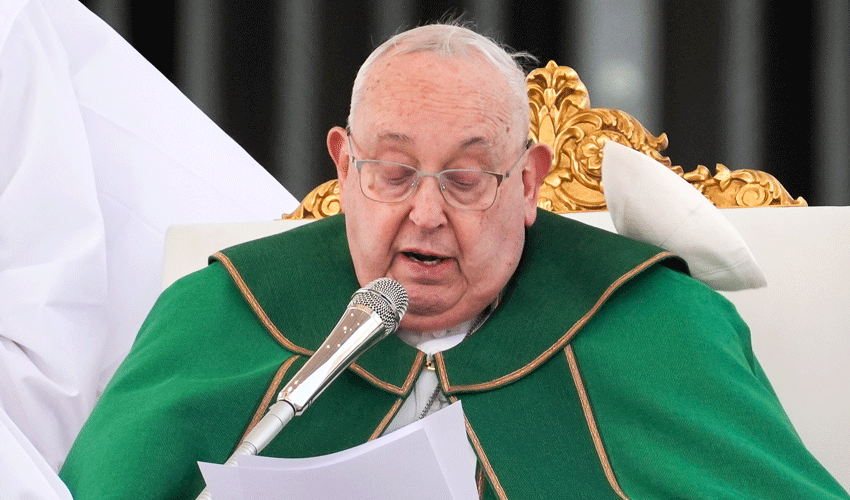Since the launch of Resilient, Recovery, Rehabilitation and Reconstruction (4RF) framework by the Ministry of Planning, Development and Special Initiatives, the Central Development Working Party (CDWP) has approved 21 development projects worth $3 billion for the flood-affected areas of the country while securing maximum pledges committed in Geneva for flood 2022.
Last year, Pakistan faced unprecedented devastation due to torrential rains and flooding in most parts of the country, particularly in Balochistan and Sindh, affecting 33 million people, resulting in economic losses worth $30 billion.
In response, the government had devised a comprehensive 4RF framework, which proposed effective coordination and participation arrangements among federal and provincial governments, development partners, donors, international and national NGOs and academic and private sectors.
In January, international donors committed to provide of $10 billion during the International Conference on 'Climate Resilient Pakistan', jointly hosted by Pakistan and the UN in Geneva.
While making concerted efforts to implement the 4RF framework, the CWDP approved 21 development projects, including Emergency Flood Assistance Project on Farm Water Management component worth $475 million; Access to Clean Energy worth $47m; DRR project for Rehabilitation/Reconstruction worth $31.28m; Emergency Flood Assistance Project worth $8m; Post-Flood 2022 Reconstruction Program: Resilience Enhancement and Livelihood worth $400m; Sindh irrigated Agriculture Productivity Enhancement Project worth $8.30m; Competitive & Liveable City of Karachi worth $27m; Sindh Flood Housing Reconstruction worth $500m; Flood Emergency Rehabilitation Project Sindh worth $500m; Sindh Water & Agriculture Transformation Project $98m; KP Rural Accessibility Project worth $300m;Khyber Pakhtunkhwa Irrigated Agriculture worth $11.70m; KP Integrated Tourism Development worth $2m; KP Human Capital Investment worth $25m; Pakistan Hydromet and Climate Services Project worth $150m; Crisis Resilience Institutions for Social protection program worth $73.14m; Pandemic Response Effectiveness Program worth $2m; Punjab Tourism for Economic Growth worth $2.8m; Sindh Integrated Health and Women Empowerment worth $50m; Polio Eradication Program worth $100m and KP Food Security Support Project worth $100m.
After approval from the CDWP and Executive Committee of the National Economic Council, these projects are being executed by the respective provinces funded by the World Bank, Asian Development Bank and Islamic Development Bank.
On the other hand, the Federal Steering Committee (FSC) established to implement the projects has been actively working and three meetings have been held for the implementation of development projects in the flood–affected areas. The committee regularly asked the provinces about the implementation status of their respective projects.
These changes pose immense threats to the country’s environment, economy, and the well-being of the people. Pakistan’s carbon emission is less than 1pc; however, it is among the countries that are most vulnerable to climatic disasters. Pakistan pleaded this case before the COP27 summit held in Egypt last year.



























